
Clean Cultivation
Water Hygiene as a Service
Sustainable nutrition requires innovative farming methods that use less land and water while reducing pesticide reliance. Evonik experts have joined forces with partners such as Siemens, water hygiene specialists, and researchers to provide a digital solution for efficient and eco-friendly agriculture.
Digital Water Hygiene as a Service for Smart Agriculture
A novel digital farming approach—nominated for the 2024 German Innovation Award—uses data-driven analytics to detect and combat germs in agricultural water systems. Advanced water quality monitoring and precision dosing of plant-friendly disinfectants ensure clean irrigation for healthy crops. Developed with Siemens and water hygiene experts, the system features IoT-based remote telemetry for real-time control.
Greenhouses support space-efficient, resource-circular farming by reusing energy and water. Yet, as closed systems, they face constant contamination risks. Pathogens like viruses, bacteria, or fungi in irrigation can cause severe crop losses.
Our system offering makes it possible to anticipate disruptive factors such as diseases and then take countermeasures earlier, more effectively, and usually much more gently. By containing the spread of germs from the outset, we reduce the need for pesticides or antibiotics.
Intelligent Dosage
A key feature of Evonik’s innovative solution is its intelligent dosing control. Real-time water data is collected via sensors, and advanced analytics—factoring in environmental conditions and operational processes—determine the optimal disinfectant dosage. Despite the complexity, the system operates seamlessly for the user.

Partnership for Water Hygiene
We are expanding our service offering in the field of water hygiene: From now on, Agrarhygiene – Wassertechnik, led by Frank von der Haar, will provide expert consulting. With extensive experience in water treatment for food production and hygiene technology, Agrarhygiene – Wassertechnik supports our customers in implementing hygienic standards safely and sustainably. This partnership strengthens our expertise in industrial water treatment and enables customized solutions for most sensitive farming applications.


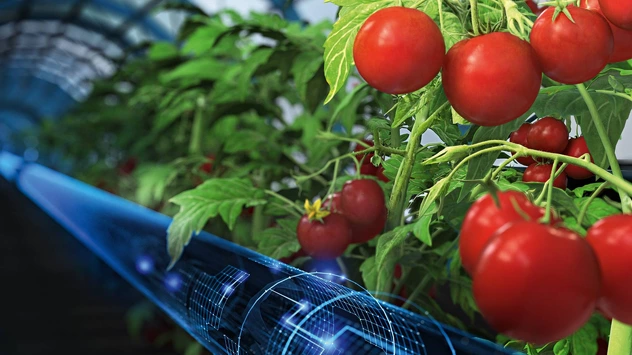
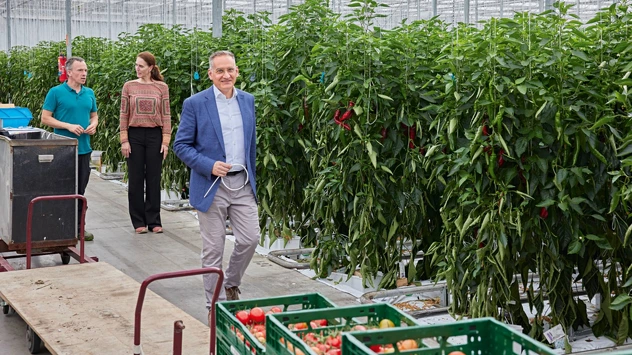
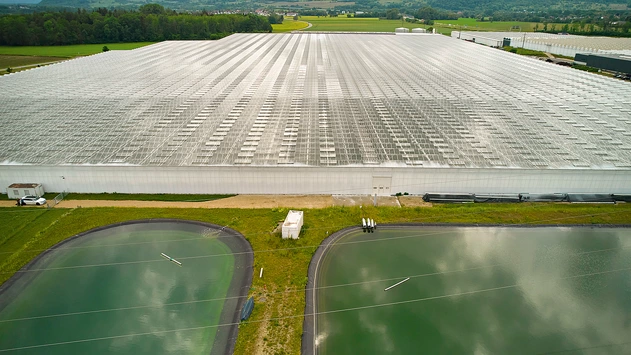
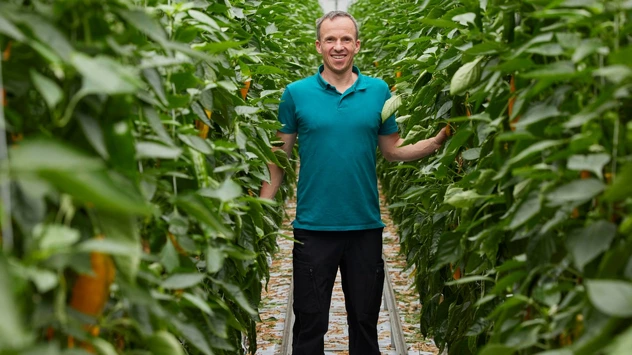
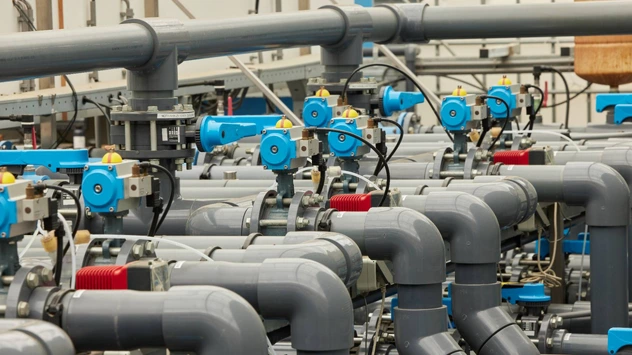
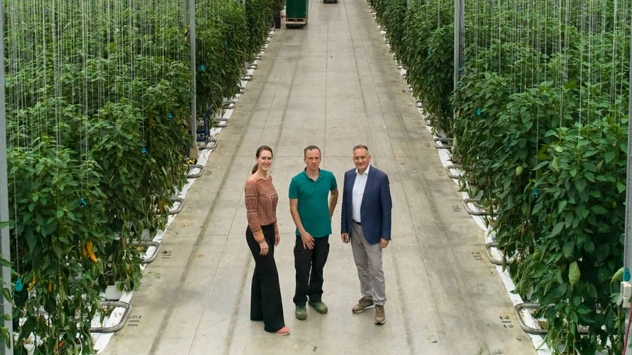
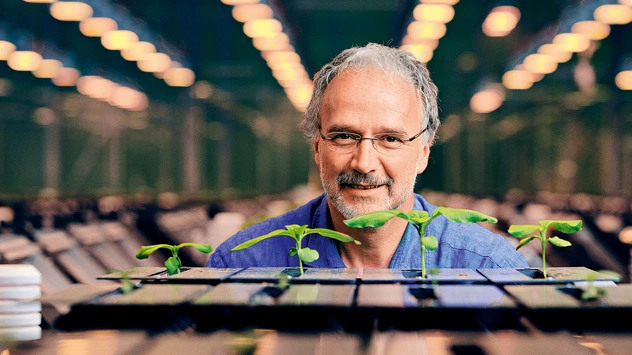
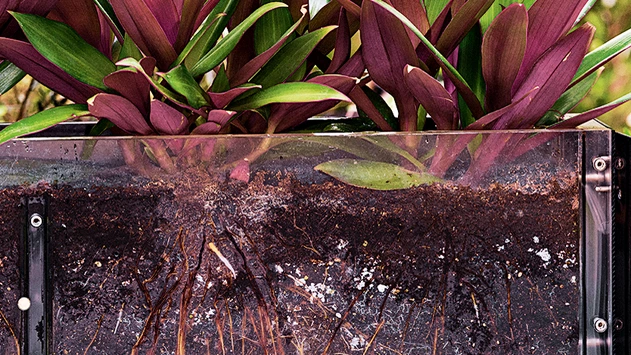
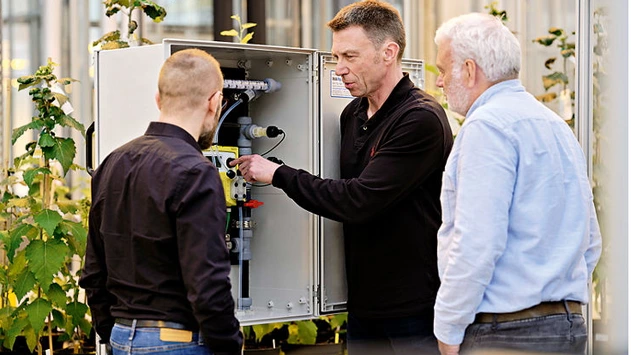
Plant and root health through innovative service approach
Experiments currently being conducted at the Jülich Research Center in Germany are using hydrogen peroxide from Evonik as an oxidizing agent. Hydrogen peroxide, which reliably destroys harmful germs, has clear ecological advantages. It itself breaks down only into water and oxygen, so no harmful residues remain.
In Jülich, the hydrogen peroxide is produced by using a device from the Danish company HPNow that uses a catalyst to produce one percent hydrogen peroxide.
Evonik has also engaged Jülich scientists to test how our water hygiene as a service approach affects plant and root health. The research results will be translated into practical methods and recommendations for agriculture.
That is why the Institute of Bio- and Geosciences at the Jülich Research Center, under the direction of Professor Dr. Ulrich Schurr, is an important interface in practice, working with farmers, horticulturists and breeders in the region to test new technologies under real-life conditions.
Water hygiene as an all-in-one service for Agriculture
Our new business model offers a complete service package for farmers. For a flat fee per growing cycle, they receive the product, technology, active substances, and expert know-how. The flat-rate service is billed based on actual usage, ensuring cost transparency and efficiency.
This model addresses future challenges in agriculture, where climate change is increasing the global need for responsible water management. By promoting sustainable farming practices and optimized resource use, Evonik supports resilient and eco-friendly agriculture.
Find us on the Siemens Xcelerator Marketplace platform
Discover our full-service package solution for customers in agriculture, poultry farming, and on-site cleaning on the Siemens Xcelerator Marketplace platform, which showcases innovative technologies from Siemens and renowned partners and developers to drive digital transformation with a curated portfolio of services, software, and IoT-enabled hardware.

Nomination for the German Innovation Award
Our product innovation “Water Hygiene as a Service” was nominated for the German Innovation Award, which is presented annually in three categories, among the top three in the category large companies. A sustainable and resource-efficient food production process is firmly anchored in the sustainability strategy of the world community's Sustainable Development Goals of the 2030 agenda.
Active Oxygens, together with experts, the medium-sized company Frank von der Haar Fertigungs- und Vertriebs-GmbH and a team from Siemens Digital Industries, has rethought the topic of agricultural hygiene. With our complete service package, we have contributed to a change in nutritional science by enabling our customers to use the valuable resource of water safely and without worry at a low cost with a high-tech Internet of Things solution.







